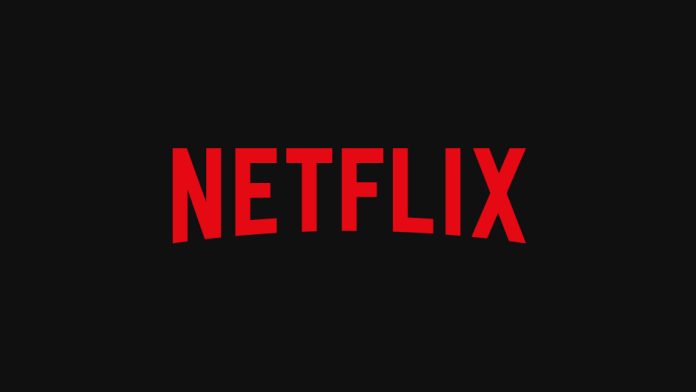By Anthony Emeka Nwosu
The Nigerian entertainment industry, particularly Nollywood, has grown into one of the largest and most influential movie industries globally. Since Kenneth Nnebue’s pioneering film Living in Bondage, Nollywood has attracted significant international investments, including from Netflix, the global streaming giant. However, recent rumors about Netflix pulling out of Nigeria have raised concerns and sparked debates about the sustainability and challenges of doing business in the Nigerian film industry.
Netflix’s Impact on Nollywood
Netflix’s entry into Nigeria began on a high note, marked by its acquisition of Genevieve Nnaji’s Lionheart, the first Nigerian film to stream on the platform. This milestone opened doors for several collaborations, enabling top producers to showcase compelling Nigerian stories to a global audience. Netflix not only streamed these movies but also invested millions in their production.
However, insiders allege that these investments were mismanaged. According to filmmaker Daddy Dabz, “Netflix funded projects upfront, but some producers diverted funds, allocating only a fraction to actual production, which led to substandard movies with poor storytelling and quality.” These issues reportedly affected Netflix’s ratings and led the company to revise its operating model in Nigeria.
Shifting Strategies and Terms
In response to these challenges, Netflix has reportedly stopped directly funding movie productions in Nigeria. Instead, filmmakers must now independently fund their projects, which Netflix will only purchase if they meet the platform’s standards. This new model emphasizes accountability and aims to enhance content quality.
Nollywood comedian Basketmouth shed light on the issue, claiming, “Many producers misused funds, prioritizing personal luxury over movie quality. Netflix is tired of this and has decided to let filmmakers prove themselves before investing.”
Is Netflix Truly Leaving Nigeria?
Contrary to circulating rumors, Netflix has not entirely exited the Nigerian market. Users can still access their accounts and stream movies. What has changed is the company’s investment strategy. While some critics view this shift as an indirect exit, others argue it is a necessary step to hold the industry accountable.
Comparisons have been drawn to companies like GSK, which maintained product availability in Nigeria despite halting direct operations. Similarly, Netflix’s new terms mean the platform remains active but will no longer fund local projects upfront.
Industry Reactions
Nollywood stakeholders have expressed mixed reactions. Filmmaker ‘Nosa of Nollywood’ attributed Netflix’s reduced involvement to “greed and dishonesty” among Nigerian producers. “Netflix left because funds meant for production were often misappropriated, leaving crew members and actors underpaid,” she lamented.
Murtala Muhammed Balogun added, “Netflix’s decision isn’t a problem. It’s about ensuring filmmakers produce quality content before selling it to the platform.”
Meanwhile, Ndubueze Odum humorously noted the public’s reaction, saying, “Netflix leaving Nigeria means no more ‘Netflix and Chill.’ But seriously, their reduced investment will hurt Nollywood’s global exposure and job creation.”
The Way Forward for Nollywood
Netflix has reaffirmed its commitment to telling Nigerian stories, but the onus now lies on Nollywood producers to adapt to the new terms. As alternative platforms like Amazon Prime Video gain traction, Nigerian filmmakers must improve transparency and production quality to attract international partnerships.
The rumored Netflix “exit” highlights deeper systemic issues within Nollywood that must be addressed to ensure the industry’s sustainability and global competitiveness.
Final Thoughts
For now, Netflix remains a key player in Nigeria, albeit with a revised operational approach. This Christmas, Nigerian audiences can still expect blockbuster releases on the platform, but the broader industry must embrace accountability to thrive in this new era of filmmaking.




